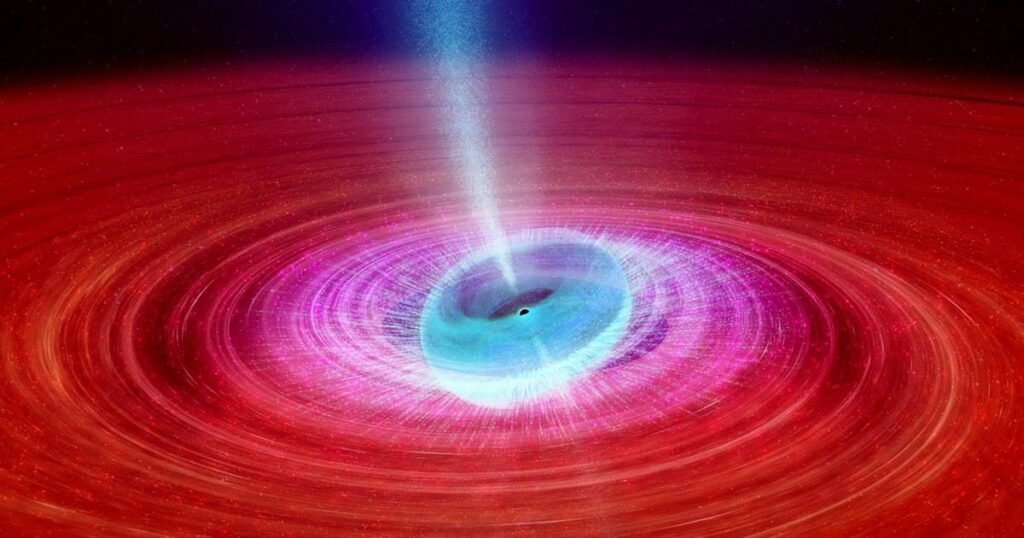Scientists may have uncovered a rare and (to be honest) terrifying cosmic event, where a parasitic black hole devouring a star from within, resulting in an explosion.
According to Newsweek, astronomers believe the black hole was first consumed by a big star. The star’s core was then disrupted and collapsed, virtually devouring it from the inside out like a parasite. The star went full supernova as a result of the catastrophe.
Massive Radio Signals
The horrifying cosmic event was initially discovered in 2017 by the Very Large Array telescope in New Mexico, which detected the supernova’s massive blast of radio waves. Dillon Dong, a California Institute of Technology researcher and astronomer, decided to investigate the situation with his colleagues.

They finally determined that the black hole and the star were binary stars, which means that they were two stars orbiting each other in a cosmic dance. One of the stars eventually crashed into a black hole, but the two stayed in orbit… until the black hole penetrated the star’s atmosphere and began devouring it around 300 years ago.
In the journal Science, Dong and his colleagues published a paper detailing their findings.
Supernovas Triggered
The parasitic black hole event was not only unusual, but it also proved the existence of a long-theorized cosmic phenomenon known as a “merger-triggered supernova.” When a star merges with a neutron star or a black hole, it becomes a supernova.
While scientists believe such an event might occur, they have yet to find definitive evidence of it. The observations of Dong and his colleagues, on the other hand, could point to a merger-induced supernova.
According to Popular Science, scientists are still suspicious, with some hypothesizing that the supernova was produced by other reasons such as mass being dragged away from the star.
